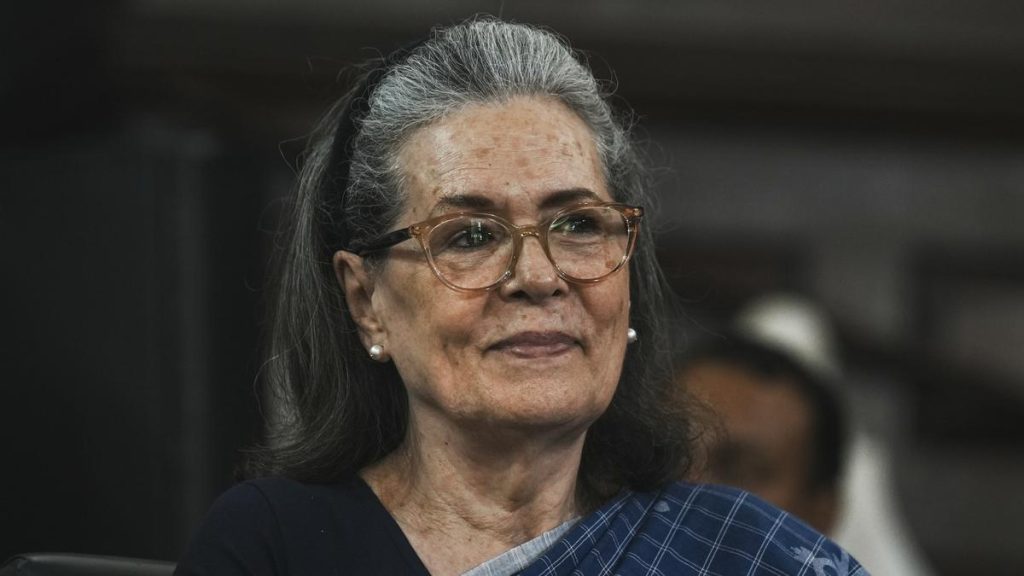Now Reading: Auto and Cab Drivers Protest, Seek Government Relief
-
01
Auto and Cab Drivers Protest, Seek Government Relief
Auto and Cab Drivers Protest, Seek Government Relief
Fast Summary
- Auto and cab drivers in Vijayawada staged a protest on September 9, 2025, demanding financial support and welfare measures.
- The exhibition was led by CITU-affiliated Vijayawada Auto Workers Union, supported by CPI(M) member Ch. Babu Rao, and leaders N.C.H. Srinivas and K. Durgarao.
- Protestors demanded ₹25,000 per family in financial aid for auto workers, interest-free loans for auto purchase, repayment relief on existing loans, subsidies on CNG fuel and insurance.
- Workers accused the coalition government of failing to fulfill pre-election promises such as launching an Auto Workers Welfare Board and enhancing the “Vahana mitra” program.
- The government fulfilled its promise of free bus travel for women under the “Stree Shakti” scheme but has not implemented promised reliefs for auto workers.
- Slogans against alleged governmental negligence were raised; leaders warned of intensified agitations if demands remained unmet.
Indian Opinion Analysis
The protest highlights dissatisfaction among a key segment of informal sector workers affected by unfulfilled electoral promises-an issue that reflects broader challenges with implementing welfare schemes at scale. While initiatives like free bus travel under “Stree Shakti” benefit segments like women commuters directly, gaps in delivering pledged relief to auto drivers could exacerbate their economic vulnerability amid rising operational costs (e.g., traffic fines governed by G.O. 21). These demands suggest financial precarity paired with dependency on political assurances ahead of labor support mobilizations.
Considering that transportation is vital to urban connectivity and informal income generation across India’s cities, sustained neglect or delays in resolving these issues may disrupt local economies while straining public resources toward larger-scale demonstrations over time.
Read more: Source article link unavailable.






















